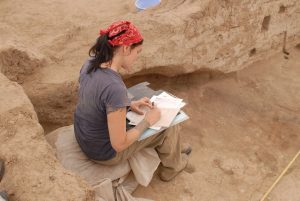
credit: Colleen Morgan
Scientists, are you ready to apply for funding?
We are pleased to announce our first request for proposals for CosmoQuest’s Citizen Science Research Grant program. Recipients will work with CosmoQuest staff to have a custom citizen science portal (and all related materials!) created for their science project. They will also receive up to US$55,000 a year in funding for up to 2 years. While we can only fund projects from US organizations, foreign organizations may apply to have a citizen science portal created if they can demonstrate that funding is not necessary to complete the proposed research activities. We anticipate at least 3 awards will be made (pending continued agency funding).
- Solicitation: http://bit.ly/CQcycle1-rfp
- Application: http://bit.ly/CQcycle1-app
- Due Date: 11:59pm EDT, November 4, 2016
In building CosmoQuest, we set out to create software that would allow diverse projects to be launched quickly and affordably within an online environment that also supports learning. This software, Citizen Science Builder, is now in its third version, with each new upgrade being made to improve usability and to add support for changing technologies. This last version, which added mobile device support and interactive tutorials, was funded through corporate and community donations. Version 4 is currently under development, funded by NASA,* and will add enhanced tutorials and gamification.
Citizen Science Builder has the following features (NB: at the time of this writing, we’re doing upgrades, so some features may be temporarily unavailable):
- Data Annotation Interfaces that support the marking of images, image sets, and video. Marking tools allow users: to flag points; label points; and to also draw and edit circles, ellipses, lines, segmented lines, and closed shapes; to align overlapping images; and to mark and connect objects that move between images.
- Galleries that allow people to see how their image annotations compare to other users annotations, and to review their efforts.
- Teaming Tools that allow groups (such as classes of students) to share their work with a team leader (such as a teacher) and receive detailed team statistics.
- Science Interfaces that support science teams in setting image priorities, viewing statistics on the progress of the citizen scientists, downloading data, and creating comparison data.
When people participate in citizen science projects, they are required to login, and are allowed to complete one image (to get their hands dirty) before being asked to participate in an interactive tutorial. After completing the tutorial, participants are free to participate in all CSPs that use that tutorial. As a check of their work, citizen scientists are periodically given a standard image to classify and, based on how their annotations compare to the science team’s, they are given feedback on their work and encouraged to retake the tutorial if necessary.
With a mature code-base and a dedicated community of participants, the biggest impediments to CSP success have been: 1) funding to allow CSP team scientists the time needed to mentor and encourage citizen scientists to be successful, and 2) funding to allow the team scientists to perform research with the CSP data. Several of our projects have been slow to publish results because the scientists simply lacked the funding to proceed. In 2016, team scientists lead by PI Stuart Robbins and working with Mars and Mercury Mappers will be funded to flesh out those two projects. We are also funding two new projects in Earth Science (PI Melissa Higgins) and Astrobiology (PI Shawn Domagal- Goldman).
We plan to fund 3 or more new projects through a yearly RFP. Funding will be used to support CSP team scientists in the following activities: mentoring citizen scientists and answering their questions through project forums and blogs, validating data and working with community members to rectify any problems that arise, and to publish (in collaboration with the citizen scientists as appropriate) preliminary results of their CSP. The $55k/year funding level was selected because it allows teams the flexibility to dedicate a graduate student to the project, partially fund a postdoctoral fellow, or afford the summer salary for researchers.
We are super excited to see what projects are proposed, and what science we get to help make possible.
* This program is supported by NASA under Cooperative Agreement award number NNX16AC68A. Any opinions, findings, and conclusions or recommendations expressed are those of this program and do not necessarily reflect the views of the National Aeronautics and Space Administration (NASA).

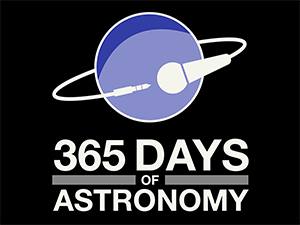
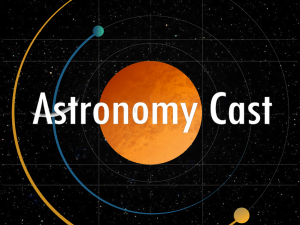
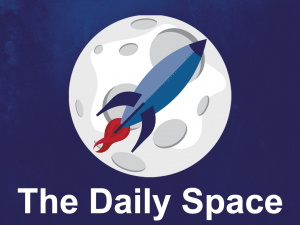
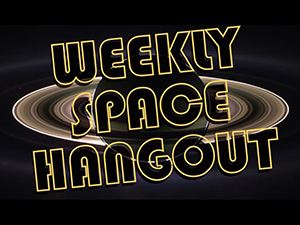 Join the Crew!
Join the Crew!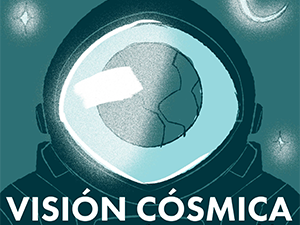
 Escape Velocity Space News
Escape Velocity Space News
0 Comments
Trackbacks/Pingbacks